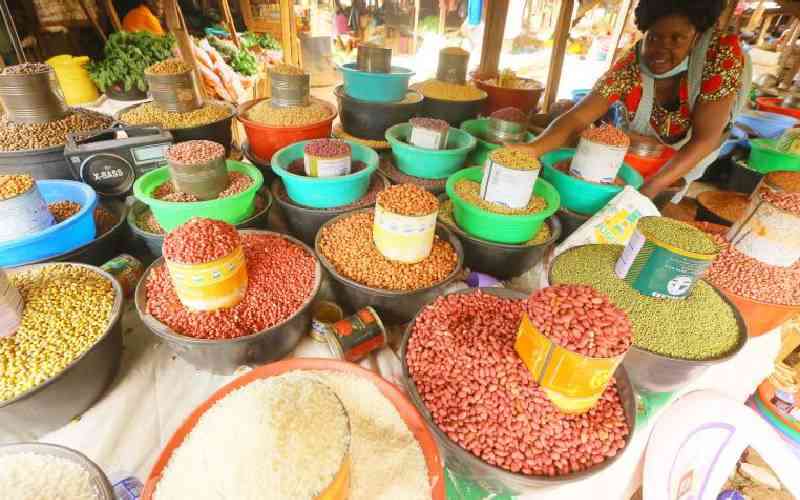×
The Standard e-Paper
Stay Informed, Even Offline

The cost of living is expected to further ease this month on the back of fallen food prices, according to a survey by the Central Bank of Kenya (CBK).
The slowdown in prices will affect grains, flour and cereals, according to the CBK Agriculture Survey.